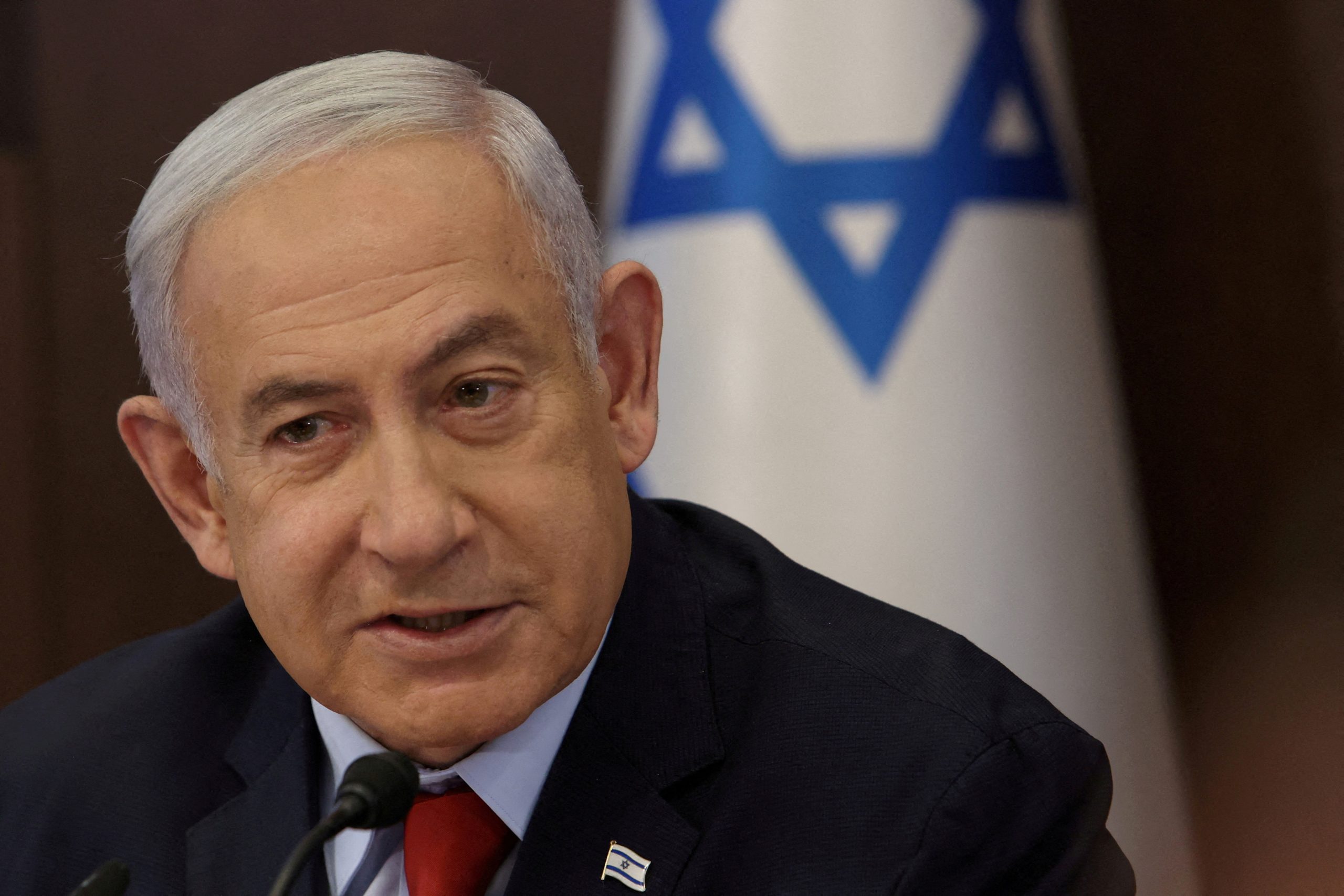The United States allowed a United Nations Security Council resolution to pass, calling for an immediate ceasefire in Gaza until the end of Ramadan, just under two weeks away, and for the release of all hostages.
This decision led to a well-known diplomatic incident, as Prime Minister Benjamin Netanyahu of Israel responded by canceling a planned visit to Washington. This visit was intended to discuss Israel’s security concerns and the ongoing conflict in Gaza.
This development signals a known tension between the US and Israel, highlighting Washington’s increasing dissatisfaction with Netanyahu’s approach to the Gaza conflict.
The Biden administration has stressed the importance of adhering to international law, and Netanyahu’s intent to strike Rafah, which could severely impact the 1.4 million people living there, was seen as a step too far.

Benjamin Netanyahu (Credits: The Times of Israel)
Netanyahu has been a polarizing figure, leveraging US support to advance policies against the Palestinians, often ignoring opposition from American presidents through strategic political maneuvers and solid bipartisan support within the US Congress.
His recent actions in Gaza have garnered support within Israel and among right-leaning factions in the US, particularly the Republican Party. However, the tide of public and political opinion in the US, especially within the Democratic Party and among international allies, is turning against the Israeli tactics in Gaza.
These actions are increasingly unacceptable on moral, political, and humanitarian grounds. President Biden, historically a strong supporter of Israel, has opted to pressure Netanyahu and his hardline ministers, Itamar Ben-Gvir and Bezalel Smotrich, who have openly denied Palestinian statehood, aligning more closely with international calls for a ceasefire.

Israel’s Netanyahu (Credits: Reuters)
With the passing of the UNSC resolution, Netanyahu now faces a critical decision: adhere to the resolution or reject it. Compliance could severely damage his political standing and potentially lead to his removal from office.
Should he opt for an election to mitigate backlash, polls suggest a loss to Benny Gantz’s National Unity Party, which, while opposed to Hamas, is more open to engaging with Palestinian leaders and aligning with US expectations. This situation puts Netanyahu at a crossroads, with big implications for his political career and the broader Israeli-US relationship.
Compliance with the UN resolution could mend ties with the US, but personally, Netanyahu would risk facing legal challenges related to bribery and fraud. The decision ahead is pivotal, not just for Netanyahu but for the future direction of Israel’s domestic and international policy.























